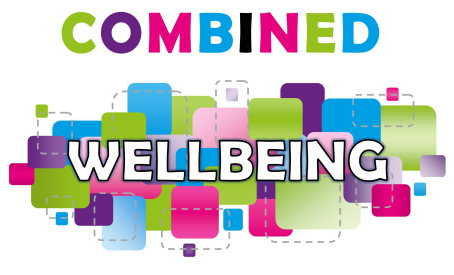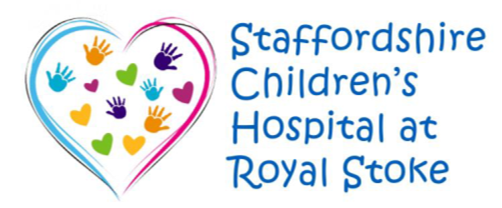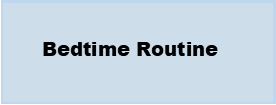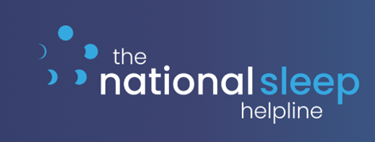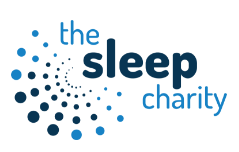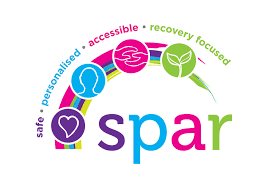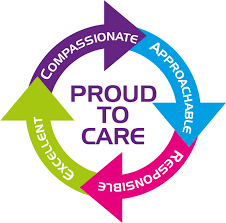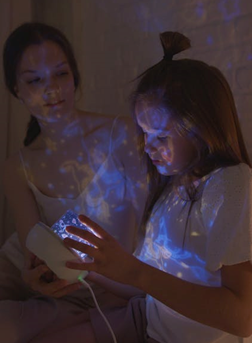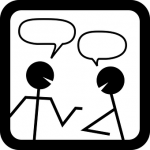Children's Sleep

Information
Here you’ll find answers to some common questions concerning sleep.
Select the underlined questions below to see more.
 We know that the children and young people we support have difficulties with sleeping. This might be difficulties with sleep onset (falling asleep) and/or difficulties with maintaining their sleep (staying asleep all night). It can also be that they do not need as much sleep as other people and can happily function with only a few hours sleep per night.
We know that the children and young people we support have difficulties with sleeping. This might be difficulties with sleep onset (falling asleep) and/or difficulties with maintaining their sleep (staying asleep all night). It can also be that they do not need as much sleep as other people and can happily function with only a few hours sleep per night.
Each child and young person is different and their sleep pattern and routine is unique to them. Managing poor sleep can be difficult for everybody in the home including parents, the child/ young person and their siblings.
Sleep deprivation is a lack of sleep (not having enough sleep).
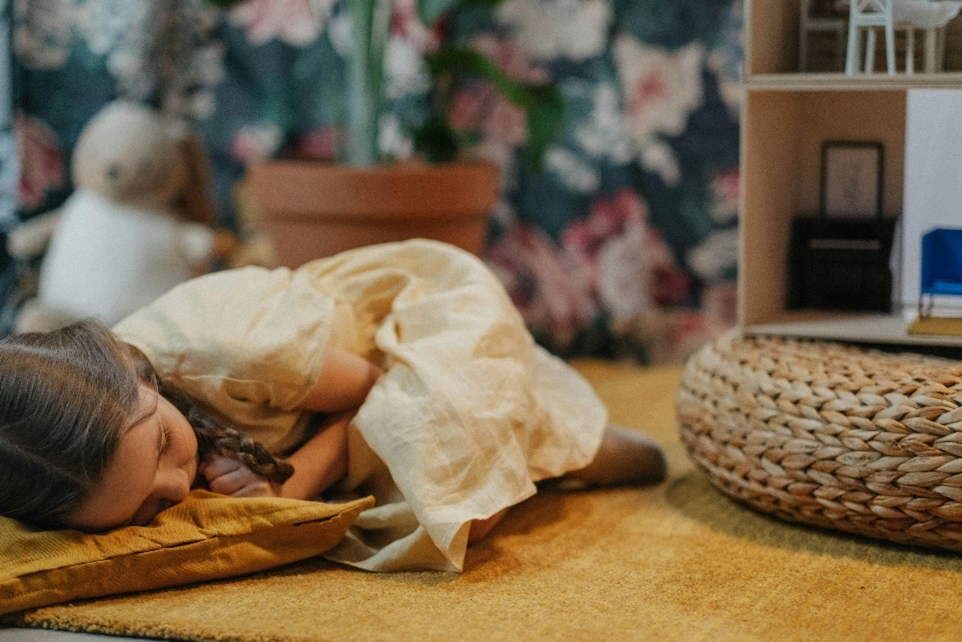 How do you know if someone is sleep deprived?
How do you know if someone is sleep deprived?
- They might not have enough sleep during the night
- They might try to fall asleep at a different time of day like evenings
- They might not get the right quality of sleep from each sleep stage
- They might have a sleep disorder that prevents them from sleeping or getting a good quality sleep
Important facts
Even though someone might appear to be sleeping, this may not be of a good quality sleep, which can still cause sleep deprivation e.g. apnoea or snoring. You know when you hear somebody snoring and they claim how tired they are; you say, ‘how can you be tired? you were snoring all night!’. Well, snoring and other sleep problems can affect sleep quality which could cause a sleep deprivation.
The impacts of sleep deprivation
For the child/ young person
- Poor eating habits
- Hyperactivity
- Poor behaviour
- Impaired emotional regulation
- Impaired cognitive function
- Feeling tired and falling asleep at inappropriate times of the day
For the parents/ carers
- Impaired cognitive function.
- Impaired emotional regulation.
- Difficulties managing at work.
- Difficulties managing relationships.
- Poor self esteem.
- Feeling tired and falling asleep at inappropriate times of the day.
It is important to understand that when people are sleep deprived, they might struggle to understand and manage their emotions. This might mean that they have less tolerance and become irritable/agitated more quickly. For parents it might mean that they can struggle to highlight and make changes due to exhaustion.
ADHD Presentation
It is also important to acknowledge that sleep deprivation can manifest (show) as traits of ADHD. Particularly the hyperactivity. Therefore, if there are sleep difficulties present it is important that they are assessed and managed where possible before any assessment of ADHD can be considered.
There might be barriers that prevent people from having a good sleep, these might include:

- Having a sleep disorder
- Noise levels
- Temperature
- Day time naps
- Requiring a smaller quantity of sleep hours
- Use of IT prior to sleep onset
- Changes in routines
- Learning disabilities and Neurodivergent conditions (ASD/ADHD).
- Toileting needs (needing the toilet, bedwetting)
Sleep is naturally occurring and is a chemically driven.
 REM (Rapid eye movement): We dream in REM sleep; you might see eyes moving/ flickering if you look closely enough. This is why it is called Rapid Eye Movement. We are paralysed during REM sleep to stop us from physically acting out our dreams.
REM (Rapid eye movement): We dream in REM sleep; you might see eyes moving/ flickering if you look closely enough. This is why it is called Rapid Eye Movement. We are paralysed during REM sleep to stop us from physically acting out our dreams.
Light/ Deep: Mature sleep cycles are around 90 minutes long (1.5 hours). During this time, we wake, it is often the case that people can soothe and fall back asleep without knowing they have woken. Babies and children often struggle to resettle and may need help to soothe. Neurodivergent conditions can also impact the ability to soothe.
Melatonin: This is a normal hormone that your brain produces when the light is dimmed/dark. It is sometimes called the ‘sleepy hormone’ and helps you with feeling sleepy and sleep onset.
Blue lights and lightness can supress (stop/ limit) the melatonin hormone being released therefore people might not feel ‘sleepy’ and might struggle to go to sleep. We understand that some of our children and young people with learning disabilities/ neurodivergence might have a supressed melatonin and might need a medication form of melatonin.
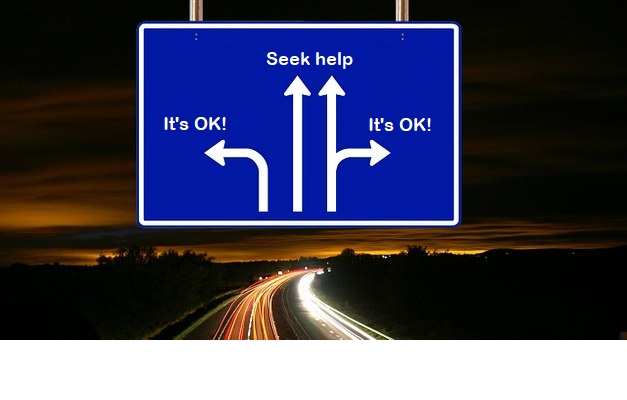
Coping with
Top tips to cope if you have worries about sleep
The following buttons are self-help suggestions
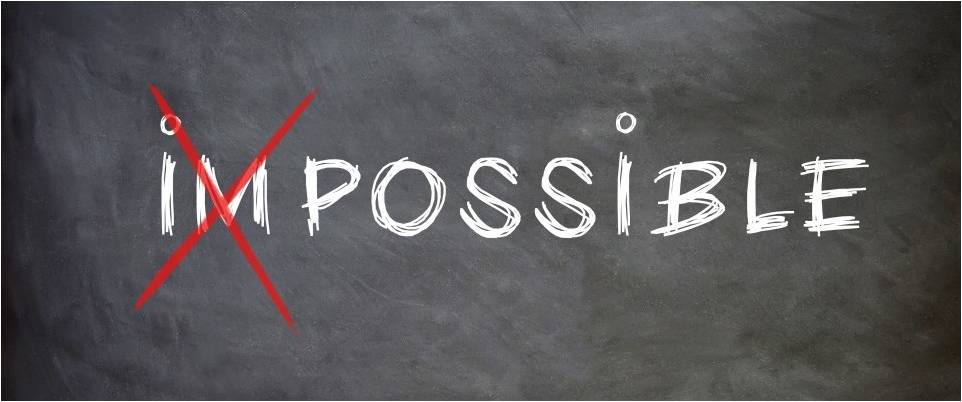
Finding help
What can you do?
- Contact your GP or Paediatrician
Select the underlined topics below to view what resources are available.
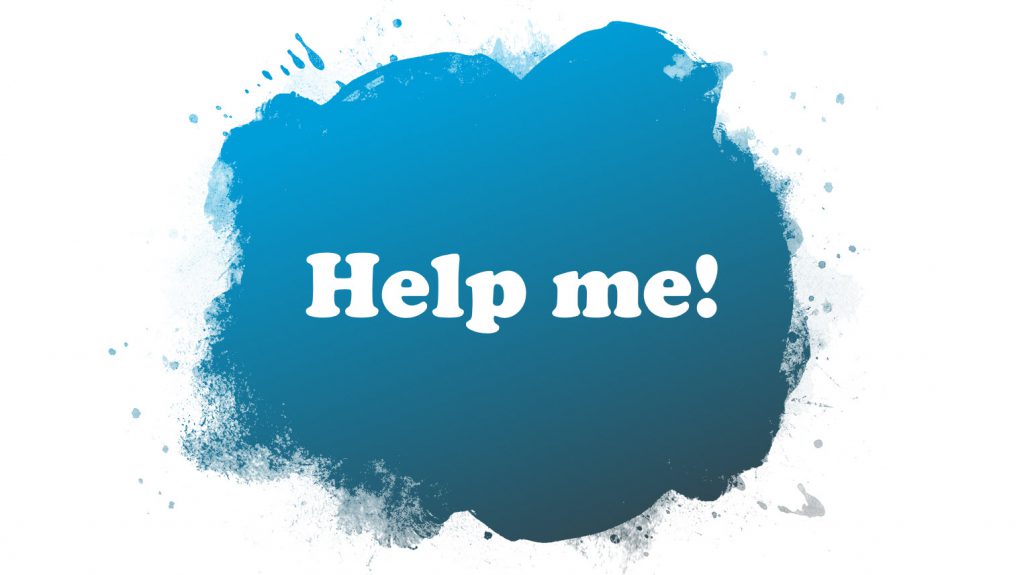
Getting more help
If you haven’t already found the help you’re looking for, you can find additional information and services which are more interactive here.
